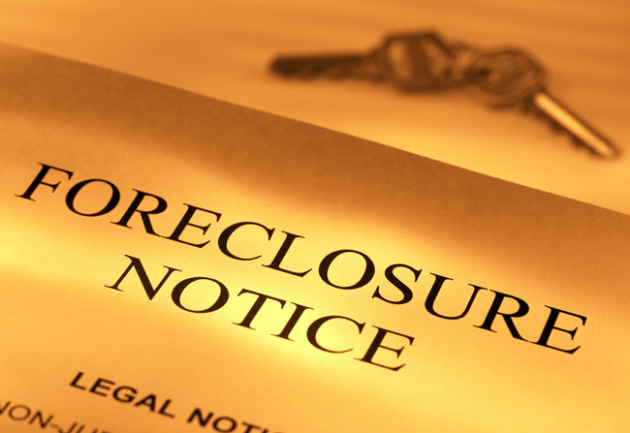Unpaid Dues: In A Forclosure, Who Pays?
By Daniel H. Craven

Frequently I get asked for a legal opinion on who owes condo dues in the event of sales and/or foreclosures when the dues are in arrears. Many debates, and even legal battles, ensue over this subject. It is my hope that in this article, I can set the record straight, although some situations are just fact-specific. This subject is especially important at this time when we are dealing with so many short sales of condominiums in our area.
In the last two to three years, I have seen a dramatic increase in the number of owners with arrearages with respect to their condo dues and special assessments.
When an account has been turned over to me for collection and a closing is scheduled, I am usually contacted by the closing agent and asked for a statement of the amount of dues, attorneys fees, etc., that are owed. In the simplest case, I, or in the case where there is not a dramatic arrearage, the association’s accounting manager, will provide the information and then be paid out of the proceeds of the closing. In situations where the owner is dramatically behind, which usually means that they are significantly behind on their mortgage payment, too, there may not be sufficient funds in the event of a short sale to satisfy the bank or mortgage company after the various expenses of the closing, including payment of association dues, to fully fund all of the parties at the time of the closing.
In that event, we are sometimes asked if the association and myself will give a reduction in the amounts owed in order to liquidate the account and allow the unit to be sold to a new owner who, in the future, will be in a better position to fully pay condo dues and assessments. When my office is contacted in this type of situation, we always ask for a copy of the HUD-1 form to see where the proposed proceeds are going to end up. If the association’s board and I feel that it is a fair settlement, then we may approve it. In the event that we feel it is too one-sided or the association is being asked to bear too much of the burden, we may reject it. Many times in this situation we would ask that all parties, including the sales agents, agree to cut their fees for everyone to share the pain of the reduction and allow the sale to go through. Obviously, we do not take the request for reductions lightly and are loathe to agree to do so on a frequent basis.
Another situation we have seen frequently in the last two years is foreclosures and subsequent sales of condo units. In a foreclosure, under Alabama Law, the foreclosing bank or mortgage company, or any other entity or person, must begin to pay full dues and assessments as of the date of the foreclosure sale. In addition, they are required to pay six months of regularly budgeted dues and assessments, attorney’s fees and miscellaneous expenses. If the previous owner’s arrearages exceed this amount, then the uncollected balance from the foreclosure is still owed by the previous unit owner(s), and the association has every right to proceed to collections and even file lawsuits to collect from former owners.
One of the most contentious areas involving sales of condo units occur when an association’s board approves a special assessment but sets the payment or payments sometime in the future. It is not uncommon for a contract to be entered into and closing take place between the time of the vote to approve the assessment by the association’s board and when the first installment is due.
When the association attempts to collect, the buyer says it’s the seller’s responsibility and the seller says it’s the buyer’s responsibility, which leaves the association in the middle. Association boards can do their part to avoid this controversy by passing resolutions for assessments that state the effective date of the special assessment. What this means is that the record owner on the effective date of the special assessment is the one who owes it.
In this case, if the seller still holds title to the unit or if the closing happens on or after the effective date of the special assessment, the seller would be charged with the special assessment at closing. If the effective date is after the date of the closing then the buyer would be charged with the cost of the special assessment. In either situation, the closing agent would collect the amount due at the closing and pay it into the association.
No one likes to pay association dues and, especially, special assessments, but they are a necessary evil. It would be impossible to have condominium forms of ownership without them. Better communication, especially by association boards, with regard to effective dates of assessments in the future, should help alleviate the problem somewhat. However, as long as we are faced with foreclosures and short sales, issues will continue to arise that will have to be dealt with and handled in the fairest way possible and according to the law.
Daniel H. Craven is an attorney practicing in Gulf Shores, Alabama who currently represents over 125 condominium associations in the Gulf Shores and Orange Beach area. In addition to holding a Juris Doctorate in Law, he holds a Masters Degree in Business Administration, Bachelor of Science in Engineering and is a registered professional engineer in the State of Alabama.
Bookmark the permalink.
Print Version


Leave a Reply